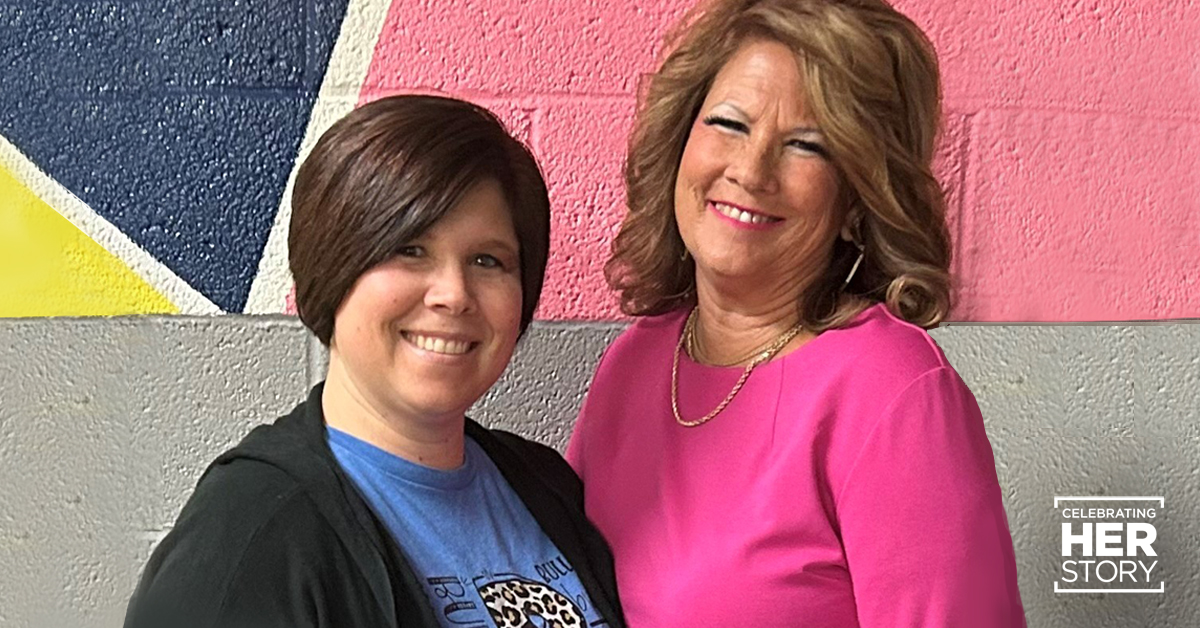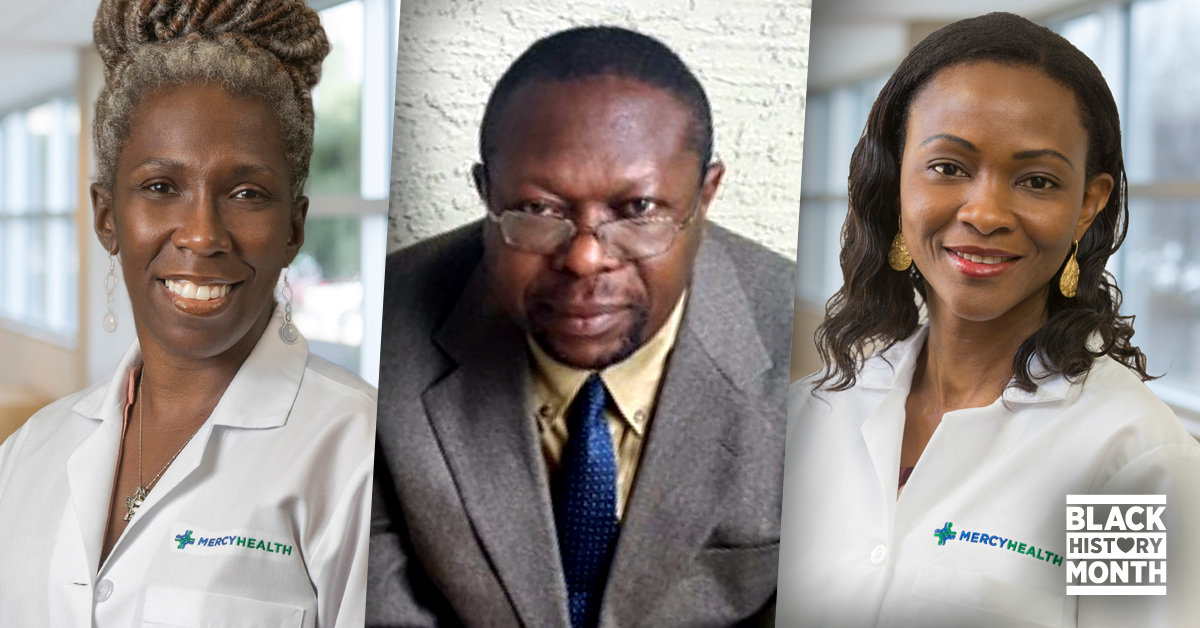For Timothy Hannan, life has been very different since February of 2021. After visiting his doctor in East Liverpool, Ohio, he was sent to the Mercy Health – St. Elizabeth Youngstown Cancer Center where he was told he had cancer in his liver and intestinal area.
After his diagnosis, Timothy was presented with his treatment options. With the help of our oncology team, Timothy decided to have an ahepatic arterial infusion, or a hepatobiliary (HAI) pump, implanted to receive his chemo treatment. This pump is designed to treat patients with metastatic colon cancer to the liver whose cancer can’t be surgically removed. It allows patients, like Timothy, receive treatment that targets the tumor site directly. And in some cases, it is used in conjunction with other chemotherapies as well.
Thomas Chirichella, MD, (pictured above, right) a transplant surgeon who specializes in hepatobiliary and pancreas surgery, performed the procedure which made Timothy one of the first patients to have the pump implanted at Mercy Health – St. Elizabeth Youngstown Hospital. It’s a minimally invasive outpatient surgery, so Timothy was able to return home to rest the same day his pump was placed.
“While I was one of the first patients to receive this pump for my chemo treatment, I had total trust in Dr. Chirichella,” Timothy shares. “His positive attitude toward this option made me feel more at ease even though there was no guarantee it would work. Even though my liver still has cancer, my numbers are continuing to go down.”
Now, Timothy is monitored by his care team and doesn’t need any additional external equipment for his treatment. He adds that he only notices his pump when he looks at it. He makes visits to the cancer center every two weeks to receive his chemotherapy. He is also constantly in contact with his team so the pump does not run dry and so they can continue to track his progress. As Timothy continues on this journey, he is looking forward to pursuing a full recovery.
“We implant these pumps because trials have shown that unresectable colorectal liver metastasis is treated best with systemic therapy and an HAI pump,” Dr. Chirichella explains. “It has demonstrated response rates of 73 percent overall, with 52 percent of all patients being able to receive a complete resection of their liver to remove their tumor and 14 percent being cancer-free 94 months, on average, from their initial diagnosis. In comparison, untreated patients typically survive less than one year.”
Since starting the HAI pump program, our ministry joined the International Hepatic Artery Pump Consortium, which is made up of surgical oncologists, hepatobiliary surgeons and oncologists from leading hospital systems around the country.
“We are currently one of 47 institutions across the country that are a part of the consortium,” Dr. Chirichella shares. “We meet monthly and collaborate with other institutions such as Memorial Sloan Kettering, Duke, Emory, MD Anderson, University Hospitals in Cleveland, Cleveland Clinic, UPMC and Allegheny General. In addition to our regular meetings, we are also planning a nationwide multi-institutional clinical trial that is about a year away from taking place.”
The overall goal of the consortium is to achieve the best long-term outcome for patients who suffer from various forms of hepatobiliary cancers, including metastatic colon cancer to the liver. The consortium was also instrumental in getting the Intera HAI Pump approved with the FDA, which is currently the only pump approved for hepatic artery placement.
As for Timothy, his pump has helped him get back on his feet and feel a sense of independence on this journey. In addition to the support he’s received from Dr. Chirichella, his nurses and entire care team, Timothy’s wife has been his pinnacle of strength and support.
“I was very scared learning I had cancer and what this meant for me,” Timothy admits. “But my wife has done everything for me. She was there for surgeries, chemo and every step of the way. While I’m starting to get back on my feet, some days are hard, but she continues to still be there for me along with my team at St. Elizabeth Youngstown Hospital.”
Learn more about the cancer care services we offer at Mercy Health.






